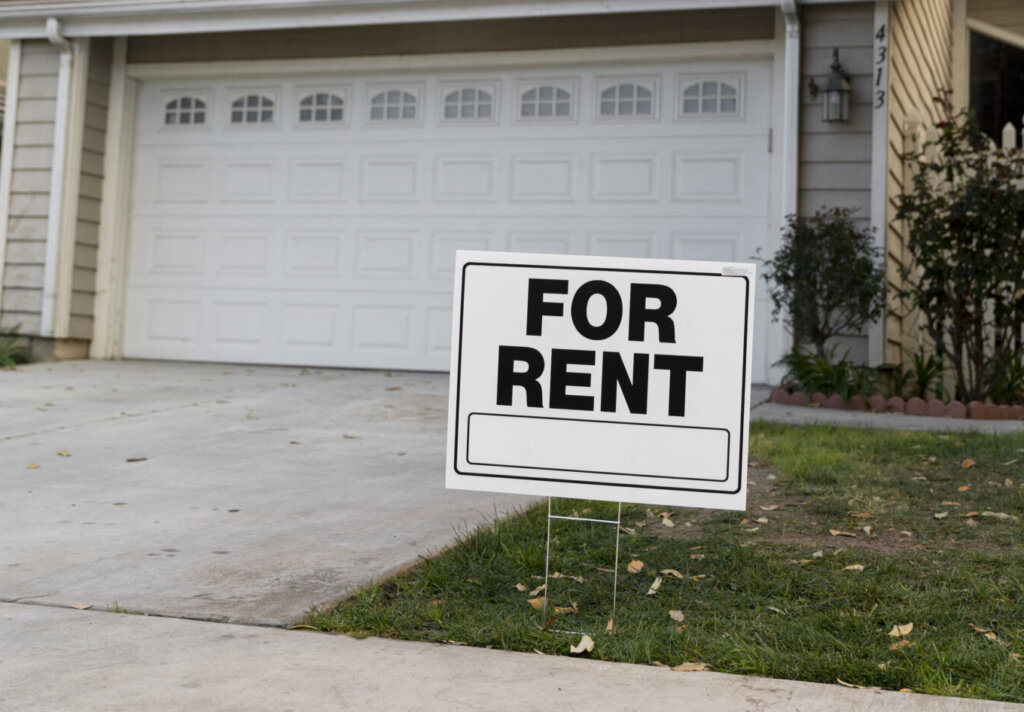WA Rent Reforms – Changes to the Residential Tenancies Act 1987 (WA)
You may remember discussions or articles back in 2019 around the review of the Residential Tenancies Act 1987 (WA). Well, the time has come and the first phase has been officially passed by the WA State Parliament on April 16 2024. The new changes are going to be rolled out in three difference phases and each phase has a suggested commencement month but no exact dates just yet. Some changes that are being rolled out in Phase One are due to start in May, that’s right, next month! So what do you need to know about Phase One?
Phase One
Rent Bidding – Likely to start May 2024
Prospective tenants cannot be pressured into paying or offering more money in order to secure a rental property. The property must be advertised at a set price, for example: $500pw, and must not request “offers above $500pw” or “offers between $500 – $600pw”. This broader way of advertising a property is not overly common in Property Management and a lot of agencies have already been advertising a set price so for some, not much will change. It’s not all bad news though – just because the property has a set advertised price does not mean a prospective tenant cannot offer more if they voluntarily wish to do so. This means an owner can accept a higher rental price than advertised if the prospective tenant has offered this upfront. However, if one applicant has offered a higher price than advertised, we cannot approach the other applicants asking if they will increase their offer to match it in order to be considered.
Retaliatory Action – Likely to start May 2024
A tenant can apply to court to have a decision made on whether they think retaliatory action has occurred. For example – the tenant may believe they received a rent increase due to asking for some simple maintenance at the property or perhaps the tenant has made a complaint against the owner or agency in the past and now their lease is not being renewed. The court will determine if appropriate action has been made and if they deem this as retaliatory. If so, the tenant may be awarded compensation or an order made against the owner. When considering rent increases or a tenant’s lease expiry, it’s important to look at the evidence in terms of where your property sits in the current market. Your Property Manager should provide the owner with a comparative market analysis (CMA) which will indicate where the property sits in the current rental market, evidence of similar properties in the suburb or surrounding suburbs, which will then determine an estimated rental price based on this information.
12 Month Rent Increases – Likely to start July 2024
Currently, there is a blanket rule that rent can only be increased every 6 months or 6 months from the previous rent increase.
Currently:
- For a periodic tenancy, this can occur every 6 months.
- For a fixed term tenancy, it can be reviewed when the lease is due to expire and you are re-negotiating the current terms.
- A rent review clause could also be placed into a 12 month lease advising that a rent increase would be taking effect 6 months into the tenancy stipulating the date and amount.
Regards,
The Celsius Property Management Team
